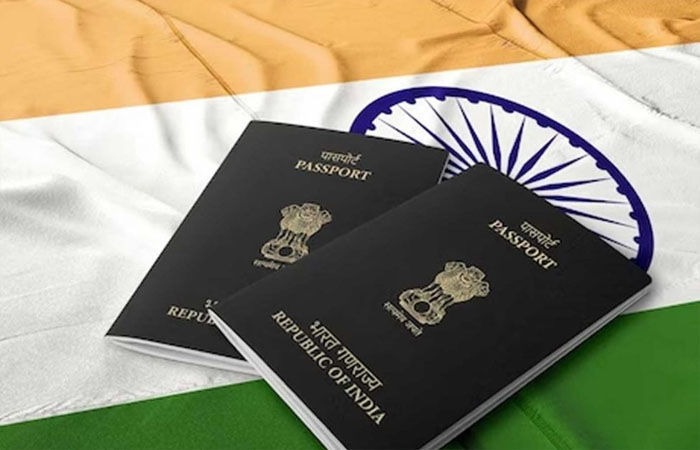
Follow WOWNEWS 24x7 on:

Key Highlights
In 2024, a total of 2,06,378 Indians formally renounced their Indian citizenship, according to the government’s latest data presented to the Lok Sabha.
This figure continues a pattern observed over recent years, with more than two lakh Indians giving up citizenship annually since 2022.
The numbers for the past five years are: 85,256 in 2020; 1,63,370 in 2021; 2,25,620 in 2022; 2,16,219 in 2023; and 2,06,378 in 2024.
Over the last six years, more than one million Indians have relinquished Indian citizenship, marking a significant demographic and socio-economic trend.
The government recognizes the personal nature of reasons behind renunciation and views the global Indian diaspora as a strategic asset for India’s soft power and economic potential.
Current population of overseas Indians stands at approximately 3.44 crore, split nearly equally between Persons of Indian Origin (PIOs) and Non-Resident Indians (NRIs).
The Rising Trend of Citizenship Renunciation
India has witnessed a steady increase in the number of citizens renouncing their Indian nationality over the past decade, reaching a milestone of over two lakh annually in recent years. The renunciation process requires applicants to formally submit their request and undergo verification before a certificate of renunciation is issued.
This upward trajectory is partially attributed to the global mobility of Indians seeking better career prospects, higher education, family reunification abroad, or improved living standards in other countries. Since India does not permit dual citizenship, Indians acquiring foreign nationality must give up their Indian citizenship.
Numbers in Perspective
The renunciation numbers nearly doubled between 2020 and 2022, reflecting increased globalization and outward migration.
While 2024 saw a slight dip compared to 2022 and 2023, the figure remains significantly higher than earlier years.
For context, the number was around 1.2 lakh annually during 2011 to 2015, showcasing a marked rise in recent times.
Over 13 lakh people have renounced citizenship since 2015, demonstrating a sizable demographic shift.
Government’s Position and Diaspora Engagement
The Ministry of External Affairs emphasizes that the reasons for renunciation are personal and vary widely. Simultaneously, the government views its overseas diaspora as an invaluable resource with immense potential for India's global influence, economic growth, and knowledge economy.
Efforts to engage this community include leveraging their networks, encouraging knowledge sharing, and utilizing their soft power to promote India's interests on the world stage.
Procedure for Citizenship Renunciation
Application submission via the official government portal.
Verification of original passports and personal details.
Referral of documents to relevant departments for feedback within 30 days.
Issuance of renunciation certificate upon verification, generally finalized after 30 days of acknowledgment.
Impact and Broader Implications
The sustained high numbers of renunciation underscore ongoing global migration patterns and India’s interconnectedness with the world. While the government values its diaspora and the positive aspects they bring, the trend also calls attention to the challenges surrounding retention of talent and citizenship, especially amid international opportunities.
The government continues to monitor this trend and fosters policies to maximize benefits from a globally dispersed Indian population while maintaining national interests.
Source: NDTV, Ministry of External Affairs, Economic Times, Press Trust of India

